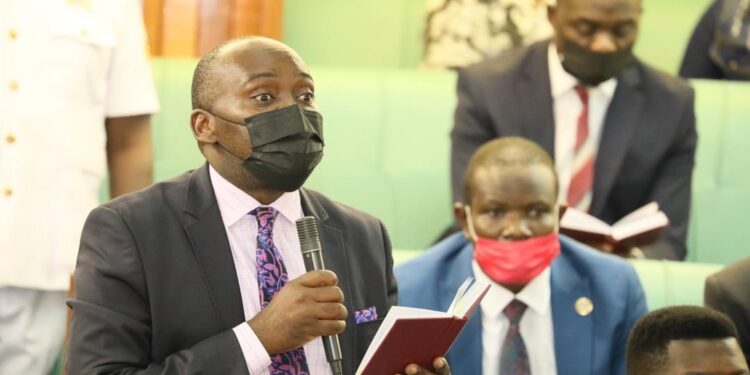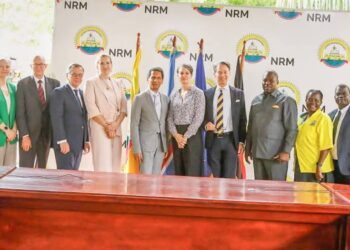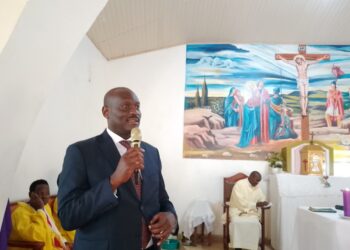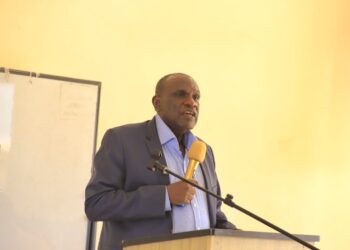Members of Parliament have adopted an amendment to the rules governing Parliament procedures, which will see the legislature adopt a hybrid system during the Prime Minister’s Time.
The practice in Commonwealth parliaments is that time is allotted to the Prime Minister to directly answer oral questions from backbench MPs. However, Parliament of Uganda has moved to adopt written questions submitted beforehand to the Prime Minister for oral answer. This was during consideration of an amendment of the Rules of Procedure on Wednesday, 27 April 2022.
The Deputy Attorney-General, Jackson Kafuuzi, argued against the hybrid idea, saying that the Prime Minister should respond only to written questions. He said that they are, “less time consuming and better structured”.
On the other hand, the MPs supported the proposal from the Rules, Privileges and Discipline committee to have the hybrid system, arguing that it would be more engaging and provide a platform for matters that arise out of urgency.
Hon. Wilfred Niwagaba (Indep. Ndorwa Count East) said the questions to the Prime Minister should be both oral and written because restricting them to only written makes the Prime Minister’s Time really redundant without engagement.
Hon. Santa Alum (UPC, Oyam District) proposed that the time allocated (60 minutes) be split halfway for both types of questions because written questions without any oral engagement kills the feel of debate.
“We trust that some oral questions will attract an immediate answer from the Prime Minister,” she added.
Hon. Medard Ssegona (NUP, Busiro County East) proposed that the Prime Minister should respond to questions arising from the Prime Minister’s Time within a period of 14 days from the time of submission of the question.
“We want to avoid and break the practice of delayed responses to questions by the Prime Minister because the issues presented are usually urgent,” he added.
The Prime Minister, Rt Hon. Robinah Nabbanja, said the logic behind changing these rules was because the Prime Minister’s Time was not cohesive because there was no structure in asking and answering questions.
“When questions are direct and structured, it is easy to give a quick direct answer with action points,” she said.
“We can have both oral and written questions; however, I would suggest that more time is given to written questions than oral questions,” she added.
The Chairperson of the Committee on Rules, Privileges and Discipline, Hon. Abdu Katuntu, submitted a proposal on the time management of the questions, saying that out of the 60 minutes, 20 should go to oral questions and 40 to written.
He justified that this would allow the Prime Minister time to listen to the oral questions and answer both oral and written questions.
The MPs further amended the rules by changing the Committee on Science, Technology and Innovation from a Sectoral Committee to a Standing Committee.
They additionally amended the rules to allow a new parliament handle lapsed business from a previous parliament within a period of 14 days.
Do you have a story in your community or an opinion to share with us: Email us at editorial@watchdoguganda.com












